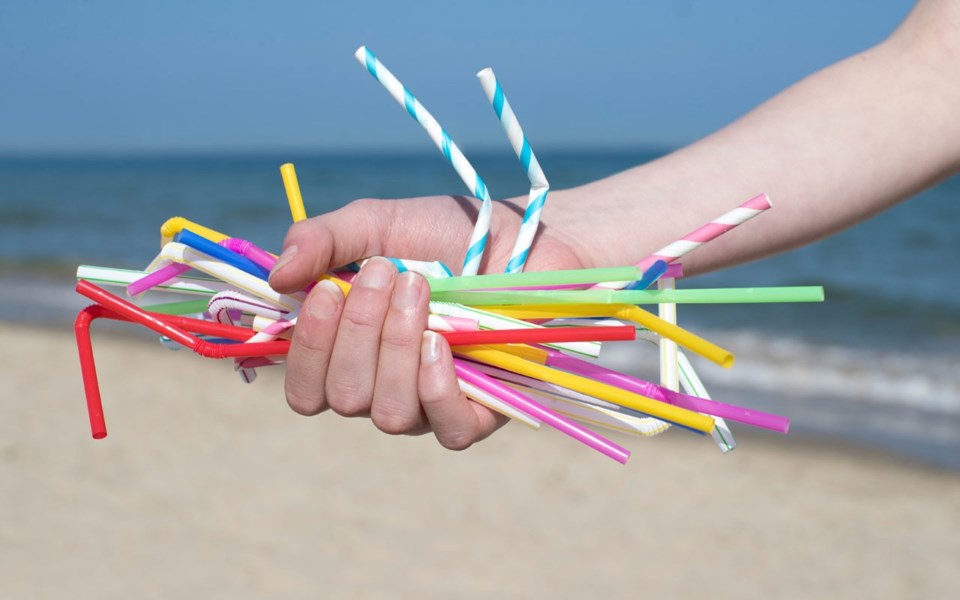One thing that seems to get lost in the furor over single-use plastics is that, with few exceptions, plastic is the perfect material for whichever purpose it's used for.
That is in no way attempting to minimize the disastrous consequences of plastics post-use, or our duty to significantly reduce and hopefully, eliminate, our use of these materials.
But not everyone can adapt to alternatives so easily.
One Twitter user recently shared her story about how she was shamed for requesting a straw while in a restaurant. She described how she has Ehlers-Danlos Syndromes, which are genetic connective tissue disorders with symptoms such as loose joints and joint pain. Her health challenges make it difficult to lift a cup and require her to use a straw, she explained, but, boy, did the internet mob come for her, wondering why she couldn't bring her own alternative.
There are a host of issues with replacements like metal, paper, silicone, glass, acrylic, pasta or rice, bamboo, or biodegradable options. Most present an allergy risk or cannot be positioned so the user can drink comfortably, while some can be difficult to sanitize or otherwise present an injury risk or choking hazard. Many are not suitable for use with hot beverages.
Despite these concerns, the server did not give her a straw as she did not show outward signs of her health challenges.
Don't get me wrong, the greater push to reduce plastic consumption is admirable. But, just like we all missed the problems associated with the fact that these plastics aren't biodegradable when we used them at every turn, we can't ignore that to a group of vulnerable people, it makes a big difference.
Certainly, let's go ahead with general bans, but make exceptions for those who truly need them. Given the scrutiny already present over straw use, it's hard to believe that those who require them would use them willy nilly or not dispose of them properly. Likewise, while some might abuse the loophole out of preference, who would subject themselves to the side-eyes and the whispers for some plastic?
At a time when we're at least taking baby steps towards being somewhat cognizant of racist and sexist policies, it's time to keep ableism in mind as well.
Being in a sport-oriented mountain resort, making accommodations for differently abled folks might not be top of mind, but these people still are visiting us and, just like us, wanting to take in the beauty of our lakes and mountains.
According to a November 2016 post on the Rick Hansen Foundation website by Rebecca Saloustros, when differently abled people are excluded or face challenges, it's not an active discrimination. However, that doesn't make it any less troubling.
"Most times, ableism occurs not because individuals or society as a whole is being deliberately discriminatory, but because there is a lack of awareness about people with disabilities and disability in general.
"In your community, in your workplace, in your apartment building, or anywhere you are, take a look around. Are there physical barriers that are making it difficult for people with disabilities to do what they need to do? If so, ask for changes to be made. It may mean having a talk with your employer or landlord, or, it could mean contacting federal, provincial, and/or municipal government representatives. By taking action, you can make a difference."
As we as a society strive to make progress on many fronts, let's be sure to consider all sides of a given issue.




